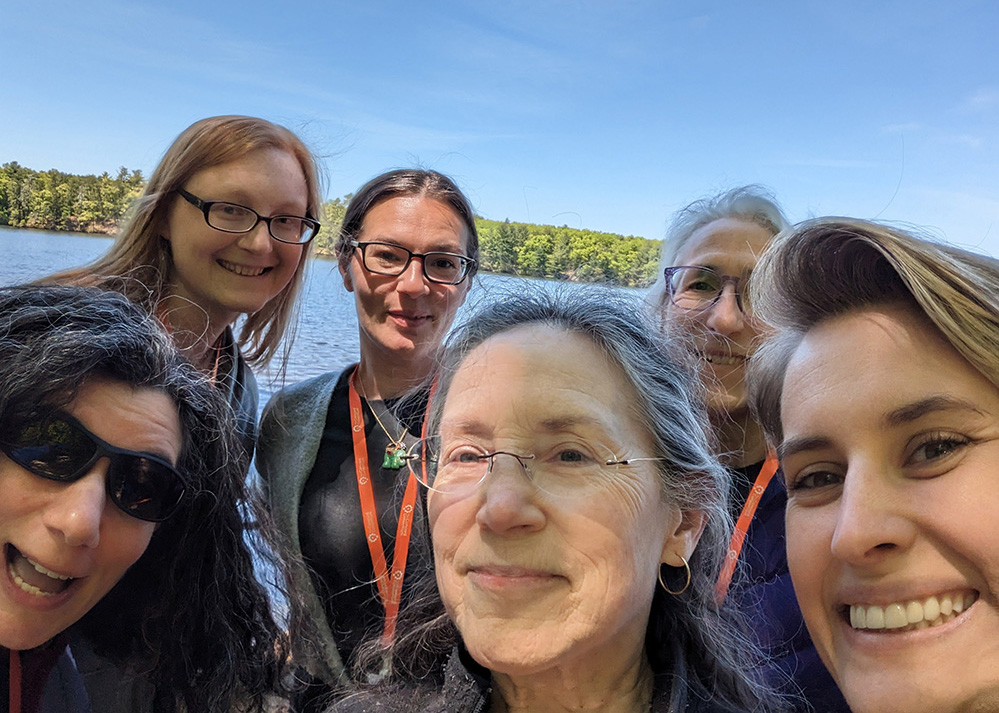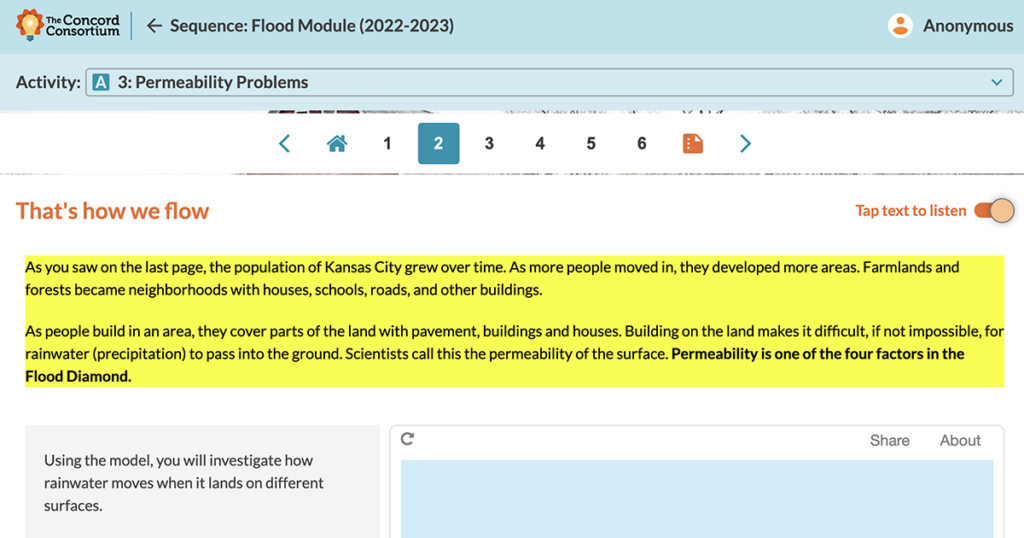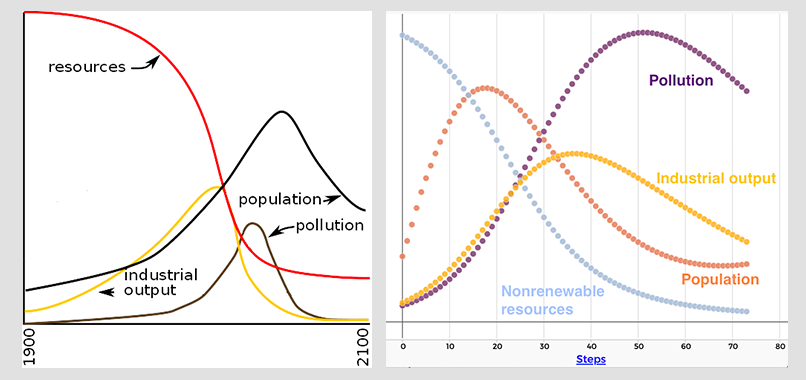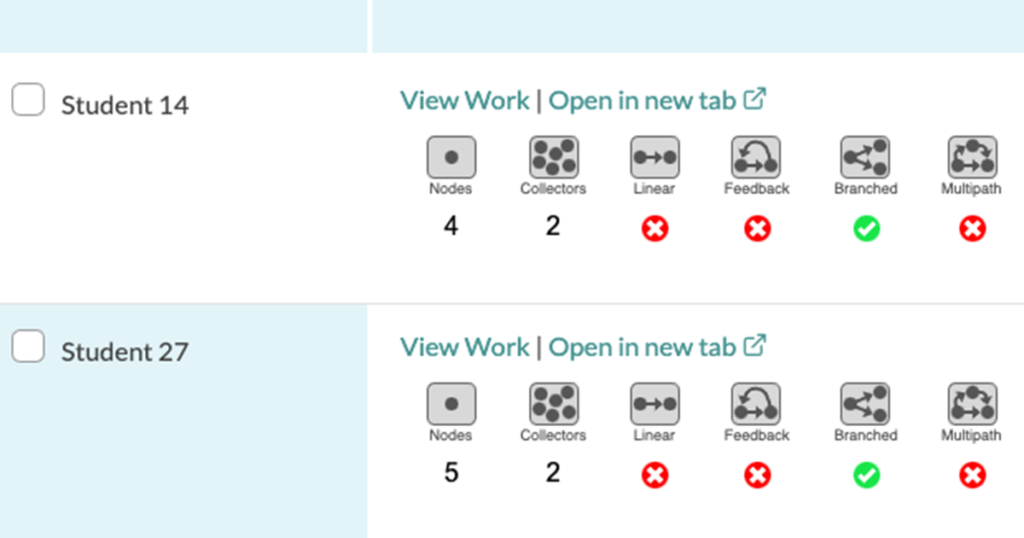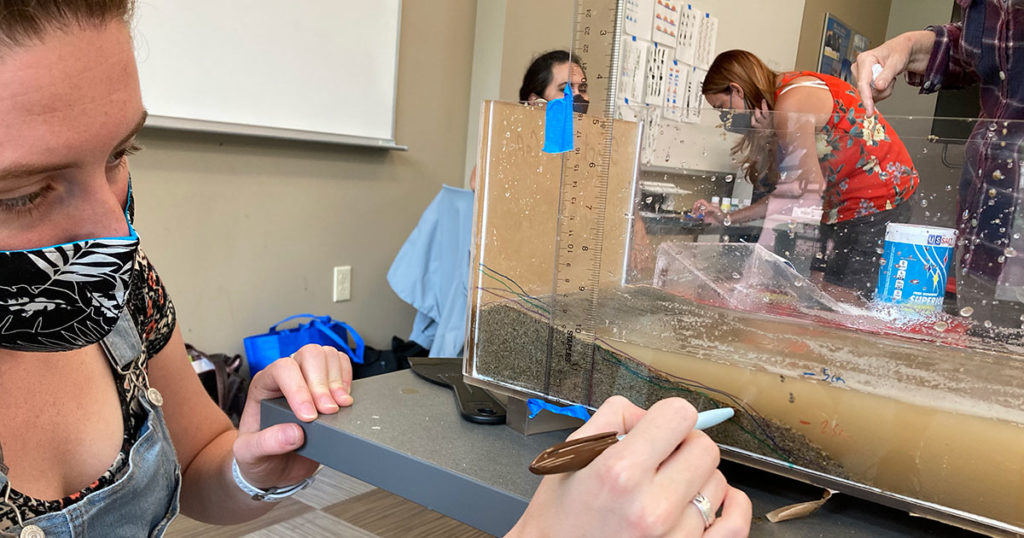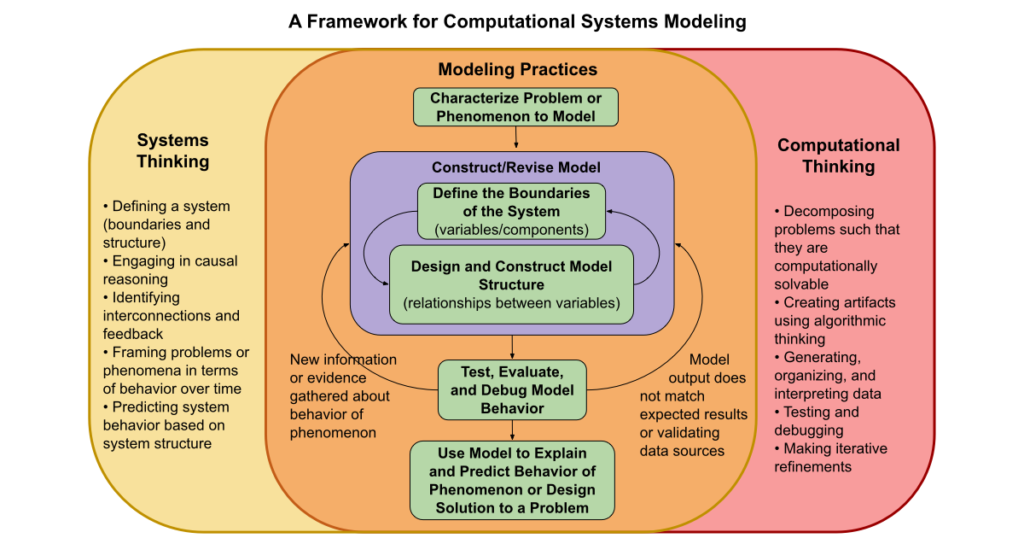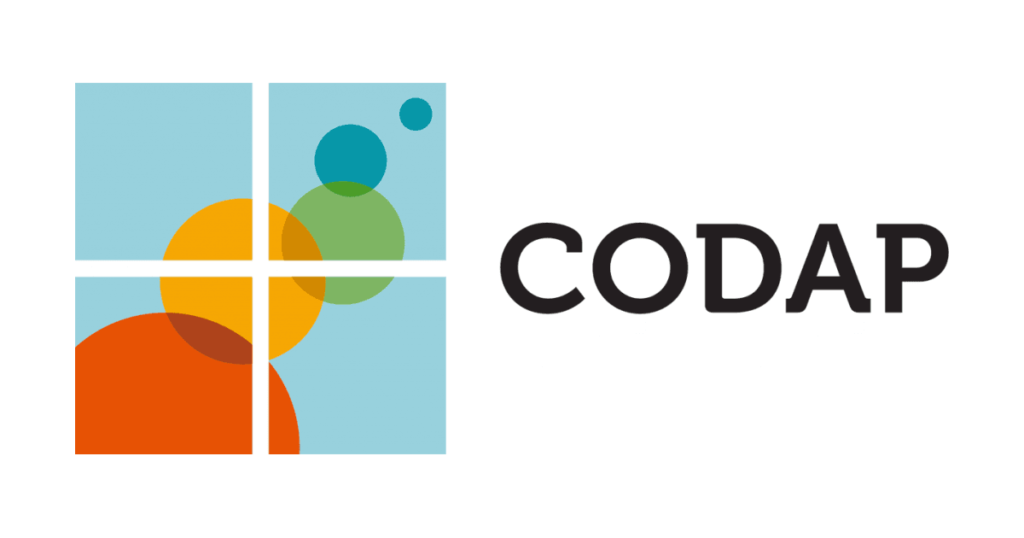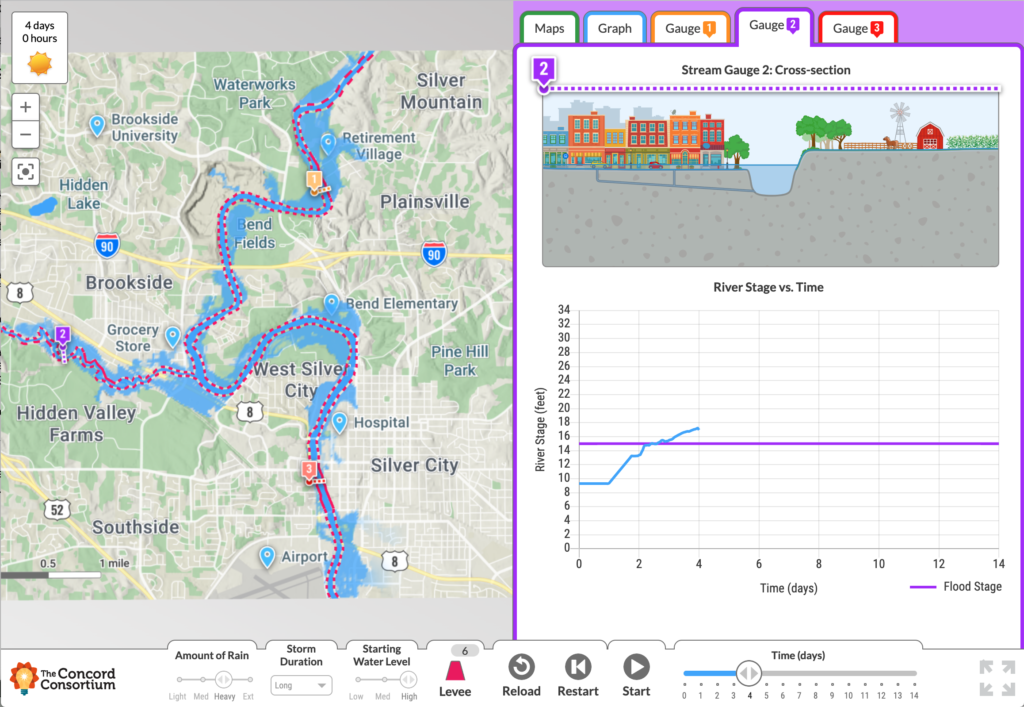Category: STEM Models & Simulations
While our main offices are located in Concord, Massachusetts, and El Cerrito, California, nine of our 45 employees call other states home. Like many companies, we began working remotely during the pandemic and most of us continue to do so much of the time. But as an organization dedicated to innovating and inspiring equitable, large-scale […]
Teachers have used our interactive online activities for many years with great success. However, the same request has come up time and time again: “Is there any way that students can have the page read out loud?” Until recently, this could only be done with browser plug-ins that were complicated to install on students’ computers […]
The authors of the 1972 book entitled The Limits to Growth set out to answer a critically important question. Can Earth sustain a human population that pursues a goal of continual economic growth? Based on a computer model they created, their answer was both guarded and cautionary: “If the present growth trends in world population, […]
Linsey Brennan is a doctoral student at Michigan State University and a researcher on the Multilevel Computational Modeling Project. Chemistry teachers Scott Hanson and Tim Muhich have used SageModeler to help students model systems and explain real-world phenomena for the past four years. According to the pair of teachers at the Battle Creek Area Math […]
We’re delighted to present the year in review with our top 10 highlights. 1. We Update Our Workspaces Most of our employees now work remotely much of the time. While we love to collaborate over Zoom, in Google Docs, and on GitHub and Pivotal Tracker, we also enjoy getting together in person, especially in our […]
We published a record number of publications in 2022, including 15 journal articles and a book chapter. From articles for educators to implement free resources to research articles to inform the field, we wrote about a wide range of topics, including data science education, artificial intelligence, geoscience education, game-based learning, and more. Most of the […]
With Indigenous partners from both Alaskan and Hawaiian Native backgrounds, our NSF-funded project is co-designing a middle school curriculum to bridge Indigenous and Western science approaches to understanding the effect of climate change on coastlines.
Our Multilevel Computational Modeling collaborative project with Michigan State University has developed a novel theoretical framework based on a literature review of modeling, systems thinking (ST) and computational thinking (CT). The framework, which was also informed by years of work developing our SageModeler systems modeling software and researching student modeling, highlights how both ST and […]
Devin Finzer learned the value of data exploration and visualization early. His father, Bill Finzer, led the Fathom Dynamic Data Software development team at KCP Technologies and has been leading the development of the Common Online Data Analysis Platform (CODAP) at the Concord Consortium since 2014. Thanks to Devin Finzer’s generous gift of nearly $2 […]
In the last 30 years, the risk of inland flooding in the United States has increased dramatically. Extreme rainfall events have become more frequent, causing widespread flooding and water damage. The costs to repair, rebuild, and remediate flooding have grown each year. Flooding in the Midwest in 2019 alone affected 14 million people and came […]
